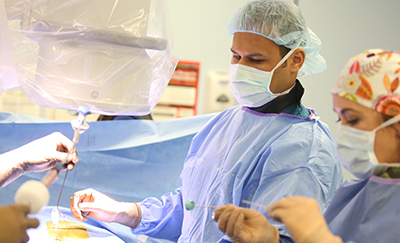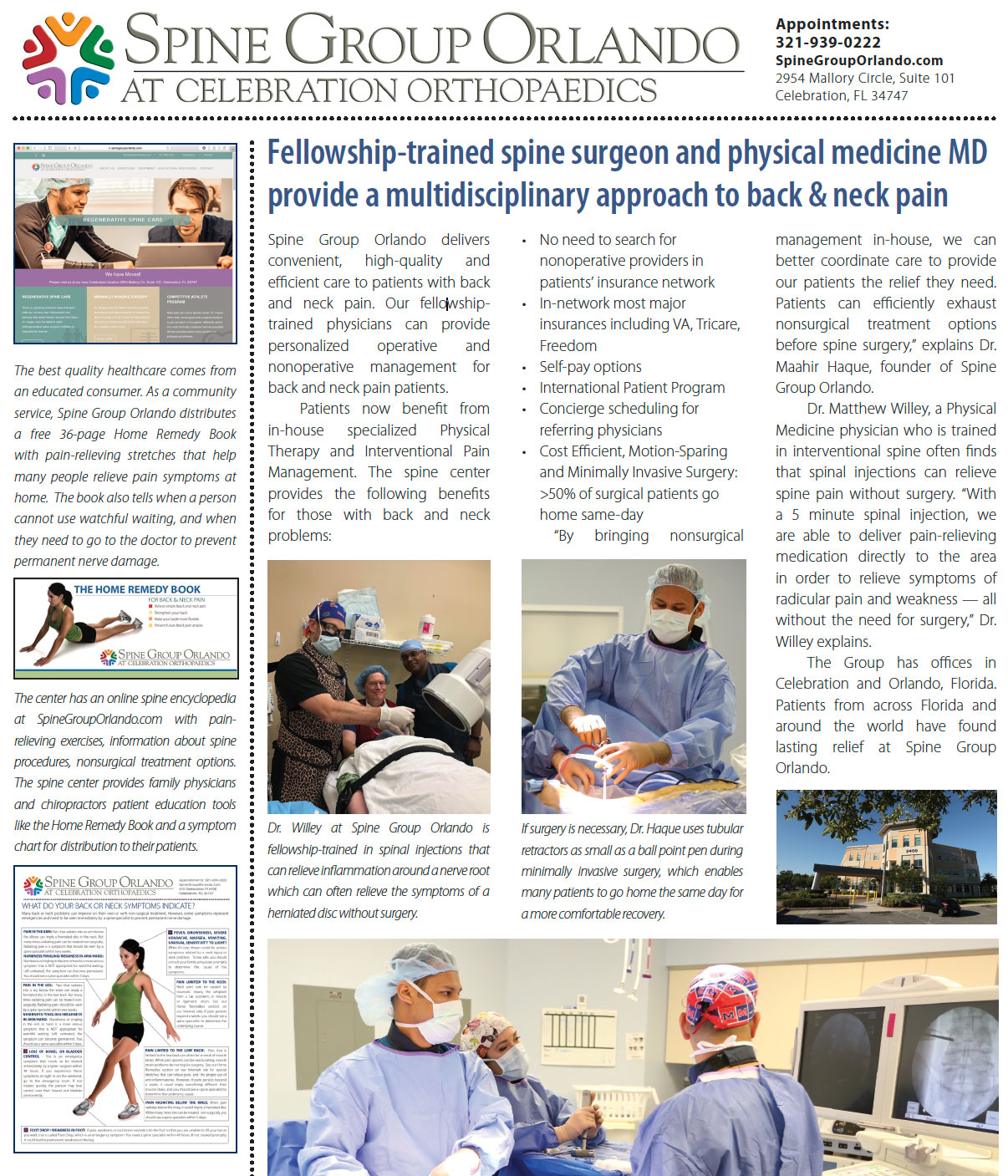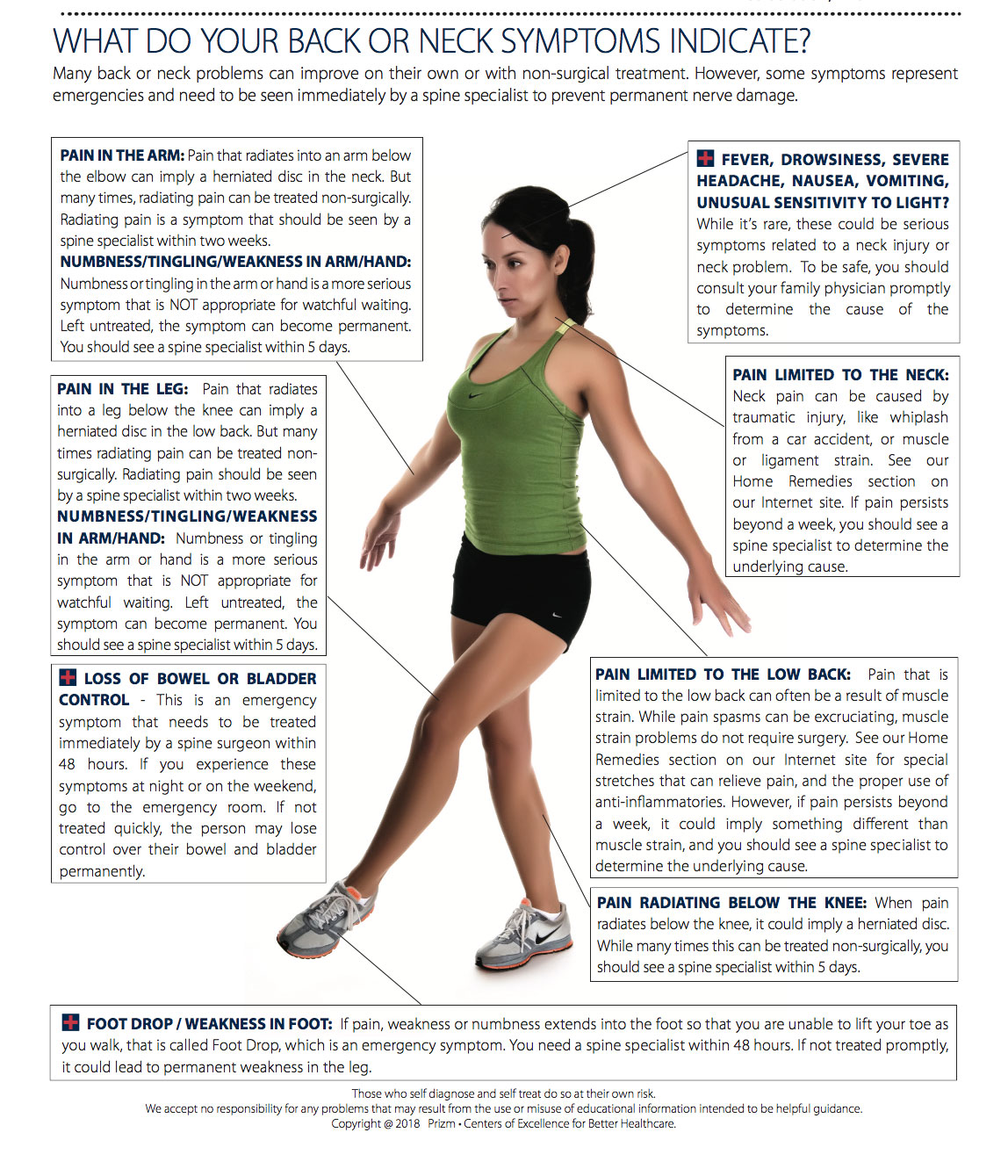 Home Therapy
Home Therapy
Home remedies for the back and neck
When you go to the dentist to get a cavity filled, the
dentist will remind you to floss and brush your teeth daily to prevent
future cavities. Similarly, we strongly emphasize a daily back or neck
exercise program to prevent a future recurrence of back strain. Once
you have a back pain attack, you’re four times more likely to
have a recurrence. Being a previous victim of back pain requires you
to work extra hard to prevent future back attacks.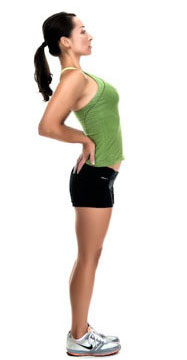
A home exercise program is typically customized for an individual’s specific back problem. These exercises can be done on the living room rug while watching TV. Other stretching exercises can be done throughout the day to increase flexibility. The way to prevent future back or neck pain is by using customized exercises that make the back stronger, more flexible and resistant to injury.
Just as someone with a heart problem needs to watch their cholesterol, diet and exercise, someone with a back problem needs to keep their back flexible and strong. When faced with the task of lifting an object, it’s essential to use proper body mechanics, or even to get assistance if the object is too heavy, in order to avoid injury.
Studies maintain that exercise is more effective at treating cases of simple back pain than bed rest and drugs. This is ironic, because when a person's back hurts, just the thought of exercise is painful. In truth, drugs only mask pain symptoms. Exercise, on the other hand, is like oil for joints in the spine. In addition to improving blood flow to discs, joints and muscles, exercise makes muscles more flexible, stronger and resistant to future strain.
When you feel the onset of back or neck pain, there are a few rules of thumb to follow to help relieve the pain at home:
Hot and Cold Packs
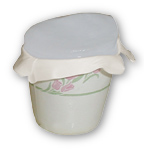
First, be sure to put ice on the injured area, then alternate with heat. The ice helps reduce inflammation by constricting the surrounding blood vessels and reducing blood flow and swelling. Never apply ice for more than five minutes at a time, because it could freeze the skin and soft tissue. After two days, heat should be applied to the area to increase blood flow.
Anti-Inflammatory Medication
Non-Steroidal Anti-Inflammatory Drugs (NSAIDs) such as Advil, Nuprin or Ibuprofen have an advantage over other painkillers, because they also reduce swelling. People who are allergic to ibuprofen should try Aleve, Tylenol or Aspirin to reduce pain.
 If you experience an attack of back pain, start taking
NSAIDs for the next few days, as instructed on the bottle. They are
much more effective if you can maintain a constant level of the drugs
in your body. Try to avoid taking the pills and letting them wear off,
before taking another dose the next day.
If you experience an attack of back pain, start taking
NSAIDs for the next few days, as instructed on the bottle. They are
much more effective if you can maintain a constant level of the drugs
in your body. Try to avoid taking the pills and letting them wear off,
before taking another dose the next day.
Keep Bed Rest to a Minimum
When you hurt, your body is telling you to stop doing the activity that is causing the pain. Back or neck pain can cause almost any activity to hurt. Lying down for a few days can seem like the most logical solution. However, more than two days of bed rest can cause the muscles in the back to weaken, making activity more painful and recovery slower. After one or two days, get up and move around. Take a slow walk to get moving again.
Put Your Best Foot Forward
Walking around the neighborhood is a great way to alleviate back pain. Walking helps stretch out muscles and get the blood flowing. Stiff muscles will start to relax. An alternative to walking outside is to walk in a pool. This alleviates pressure from the spine, joints and ligaments.
[Top]
Maahir Haque, MD is recognized as a leader in the field of minimally invasive spine surgery. At Spine Group Orlando, Dr. Maahir Haque also provides second opinions for spine surgery and MRI reviews for those with back pain and neck pain. Dr. Haque emphasizes non-surgical options for back pain and neck pain where possible. This can include accessing a back pain specialist with expertise in pain-relieving spinal injections and spine therapists. Spine therapy can include back stretches that can be a future home remedy for back pain or neck pain. If spine surgery is necessary because of a herniated disc, spinal fracture, or spinal stenosis, Dr. Maahir Haque operates through tubular retractors that reduce the size of the incision, lessen blood loss, reduce time in the hospital, speed return to activity with a less painful recovery. This spine surgery expertise enables many patients to have outpatient spine surgery and be home the same day. Spine Group Orlando and Dr. Maahir Haque provides artificial disc replacement in the neck using the Mobi-C disc implant, the first FDA-approved disc for multiple levels in the neck. Prodisc-C is also used for artificial disc replacement in the cervical spine. Dr. Haque is also one of the few spine surgeons in Orlando, Florida to provide lumbar artificial disc replacement using the Prodisc-L artificial disc. Dr. Haque is also referred patients from across Orlando and north central Florida for artificial disc replacement surgery as an alternative to spinal fusion. Accordingly, Dr. Haque's patients travel from across north central Florida, including: Orlando; Jacksonville; Tallahassee; Lakeland; Gainesville; Tampa; Daytona Beach; and Cocoa Beach. The spine center, as a destination for medical tourism for some international patients from Mexico and the Caribbean, can provide recommendations to out-of-town patients on nearby hotels and tourist attractions. Dr. Haque is featured on the national site CentersforArtificialDisc.com as an author on the subject of artificial disc replacement for herniated discs in the neck. The Centers for Artificial Disc web site has content specific to disc replacement options and alternatives to spinal fusion. Click here to visit the Centers for Artificial Disc.

